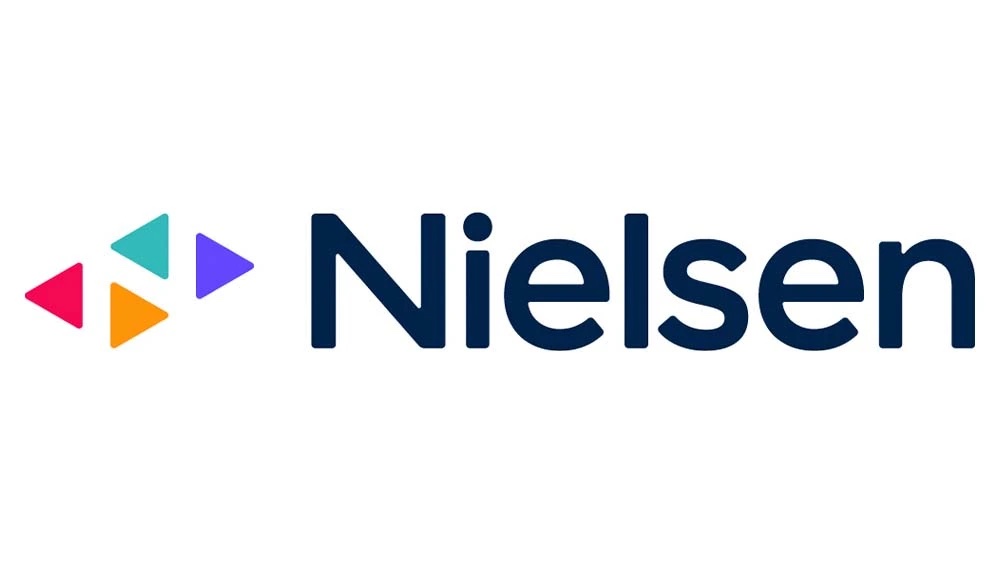FCC proposes unlicensed use of TV channels
The FCC has released a controversial Notice of Proposed Rulemaking (NPRM) that could open the door for the use of unlicensed devices on vacant TV channels in each market. Typically, an off-the-air TV at a given location can receive a picture on only a small fraction of the 68 possible channels. The FCC wants to make the unused channels in each area available to unlicensed transmitters.
An earlier proposal in this proceeding drew strong opposition from broadcasters who feared interference from unlicensed devices would cause adverse effects during the transition to digital TV. Other opponents to the current proposal include public safety entities that use two-way radio service in the TV bands. By contrast, wireless Internet providers strongly endorse the plan because it would make more spectrums available to them.
The FCC is proposing to address broadcasters' interference concerns differently for low-power “personal/portable” unlicensed devices, Wi-Fi laptop cards and home networks, and higher-power “fixed-access” equipment, such as that used for wireless Internet access links to fixed locations.
Personal/portable devices would have to receive and comply with a “control signal” that identifies vacant channels in the local area. The control signal could emanate from a DTV station, an analog TV station (in the vertical blanking interval), an FM station (in a subcarrier), a licensed wireless provider, or a fixed-access unlicensed device. It would have to update channel availability at least daily to allow for changes during the DTV transition. An unlicensed device unable to receive the control signal would not be permitted to transmit.
The NPRM invites comment on whether TV broadcasters might provide the control signal in return for payment from unlicensed device manufacturers or service providers. Because unlicensed devices must incorporate receivers to get the control signal from a DTV station, the station could provide pay services, such as sports and stock market information, to unlicensed users.
Fixed-access devices would be allowed 1W of power. Antenna gains over 6dBi would be permitted, but at reduced output power. These devices would have to protect TV operations by (1) identifying vacant channels using a built-in GPS receiver and database of occupied TV channels; or (2) requiring professional installation by someone who consults a database of occupied channels for that location; or (3) responding to an enhanced control signal that indicates channel availability in various parts of the service area. Fixed units would also have to transmit an ID signal.
Inflation increases forfeiture amounts
The professional video industry's #1 source for news, trends and product and tech information. Sign up below.
The FCC, acting pursuant to the Debt Collection Improvement Act of 1996, increased its maximum monetary forfeiture penalties to reflect inflation. The new levels for broadcasters are $32,500 per violation or per day of a continuing violation, with the amount for a continuing violation not to exceed $325,000. That's up from $27,500 per violation and a $275,000 cap for continuing violations. The new levels take effect 30 days after those levels are published in the Federal Register. Note that these changes affect only the maximum fines, not the base fines for various violations. Note also that there is legislation pending that would increase the maximum fines for indecency-related violations up to $275,000 per violation. Still, the maximum indecency fine approved by the Senate — $275,000 — is lower than the $500,000 already approved by the House, necessitating further Congressional action.
Harry C. Martin is president of the Federal Communications Bar Association and a member of Fletcher, Heald & Hildreth, PLC, Arlington, VA.
Dateline
Oct. 1 is the deadline for TV, LPTV and TV translator stations in Florida, Puerto Rico and the Virgin Islands to file their renewal applications, and for TV stations only, their ownership reports. Also on Oct. 1, TV stations in those locations must place their annual EEO public file reports in their public files and on their Web sites.
Oct. 1 is the date TV stations in Alabama and Georgia must begin broadcasting their pre-filing renewal announcements.
Send questions and comments to:harry_martin@primediabusiness.com
